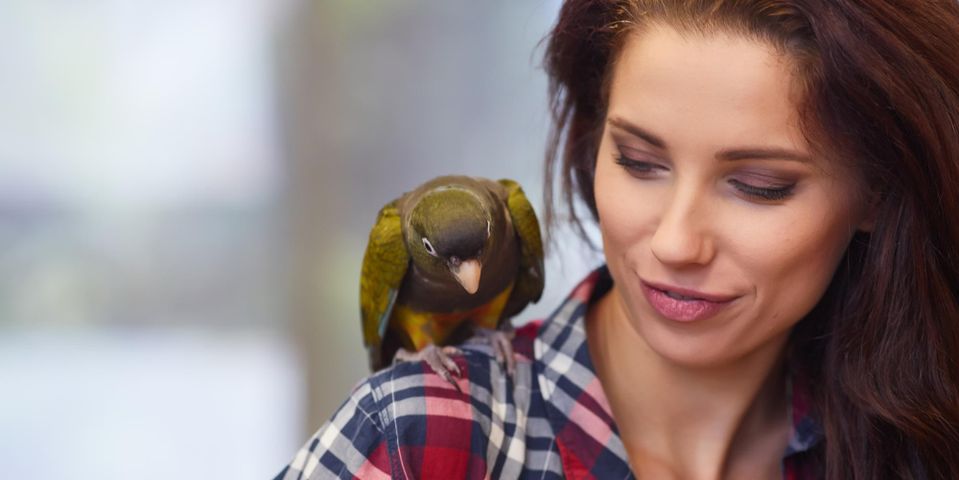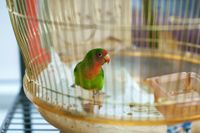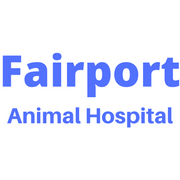Avian Veterinarians Share the Do's & Don'ts to Protect Your Bird This Winter

As winter quickly approaches, it’s wise to take precautions to ensure that your birds are protected against major temperature drops. Exposing your birds to an environment less than 65 degrees can compromise their immune system and make them more vulnerable to illness. To avoid this danger and maintain a safe environment, avian veterinarians suggest the do’s and don’ts for protecting your birds during the cold season.
Do:
Give your bird high energy food.
When prepping your birds for the harsh winter, good nutrition is critical. Winter’s frigid temperatures, limited hours of light, and humidity shifts can cause birds to become stressed, which can negatively impact their metabolism and make them susceptible to health problems. Fortunately, diversifying your birds’ diet and introducing more nutritional elements can help offset these common challenges. In addition to feeding them the standard seed, supplement their diet with proteins, fats, and carbohydrates with vitamin-rich foods such as spinach, fruit, and beans.
Maintain comfortable humidity levels.
 Although birds require warmth in the winter, they also require a certain amount of humidity to prevent brittle feathers and preening problems. Since heating methods can create an overly-dry environment, it’s just as crucial to retaining moisture in the air as it is to warm it. An electric humidifier is an ideal option, as it can help offset the dryness created by standard heating methods. Another option is to routinely mist your birds’ feathers throughout the day to keep them properly moisturized. Additionally, be sure that fresh water is always available to your bird for both bathing and drinking.
Although birds require warmth in the winter, they also require a certain amount of humidity to prevent brittle feathers and preening problems. Since heating methods can create an overly-dry environment, it’s just as crucial to retaining moisture in the air as it is to warm it. An electric humidifier is an ideal option, as it can help offset the dryness created by standard heating methods. Another option is to routinely mist your birds’ feathers throughout the day to keep them properly moisturized. Additionally, be sure that fresh water is always available to your bird for both bathing and drinking.
Don't:
Turn on the fireplace and space heaters.
Although it may seem like a viable heating option, building a fireplace can pose severe dangers for your birds. Open flames are a risk, and the smoke created from burning firewood can lead to respiratory complications. Space heaters can be equally as dangerous, as they can emit fumes which can be harmful or even detrimental for your birds. Instead, make sure to maintain a warm, comfortable temperature by properly adjusting your home’s thermostat. Talk to your avian veteran for temperature suggestions if you’re unsure.
Shift temperatures dramatically.
While you’ll want to maintain a warm, comfortable temperature for your birds, avian veterans advise to avoid dramatic temperature shifts. Since birds create a comfort area in their cages, they don’t respond well to major environmental shifts. To avoid this issue, be sure to adjust your home temperature gradually and allow your bird to acclimate at a measured pace.
If you have any concerns about maintaining a safe environment for your birds this winter, the experts at Fairport Animal Hospital, in Monroe County, NY, can help you. The facility’s reputable avian veterinarians examine your birds and provide high-quality care. The pet clinic prides itself on educating clients about their pets’ special needs and home care. To make an appointment, call (585) 388-1070 or visit their website for more information about their services.
About the Business
Have a question? Ask the experts!
Send your question

